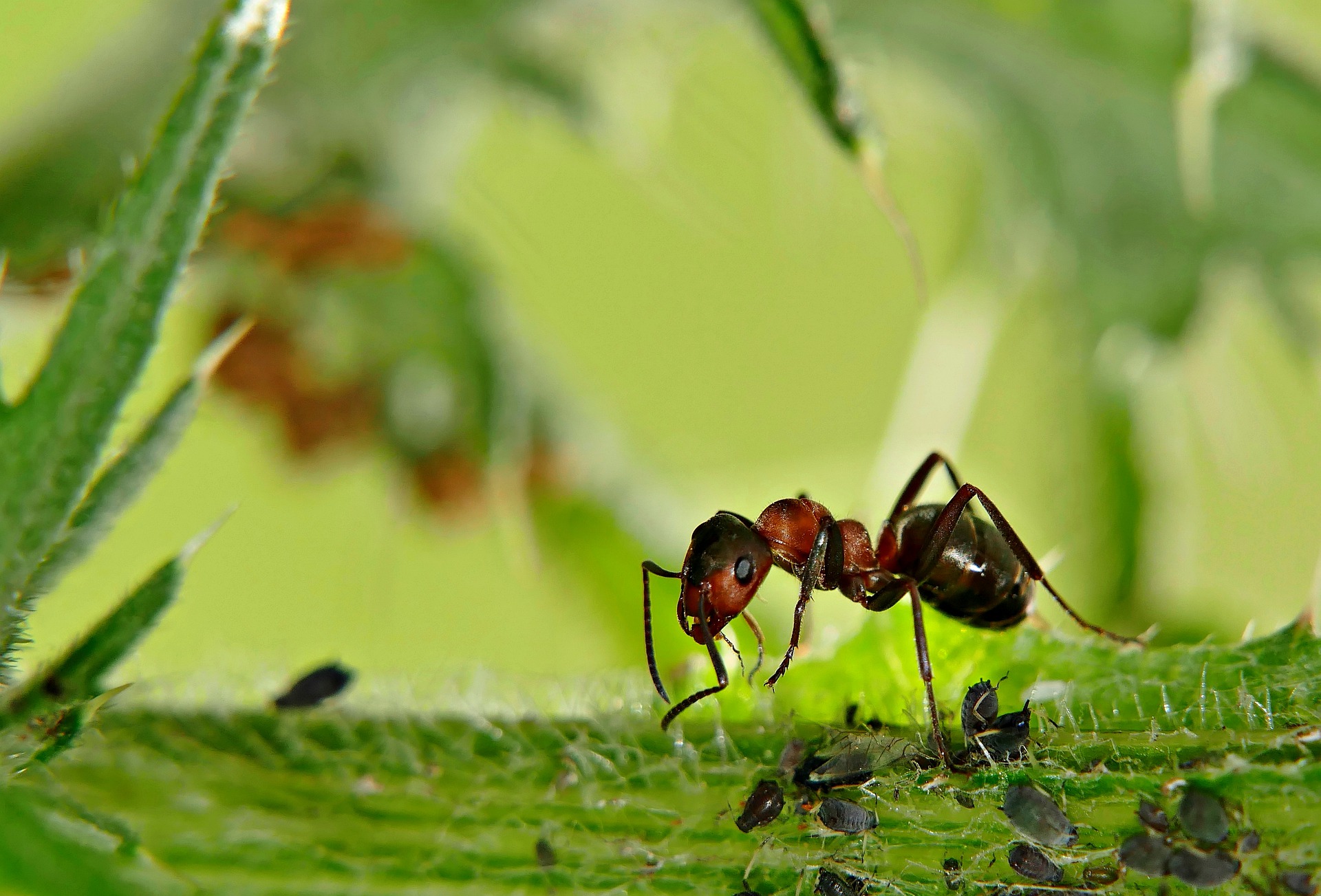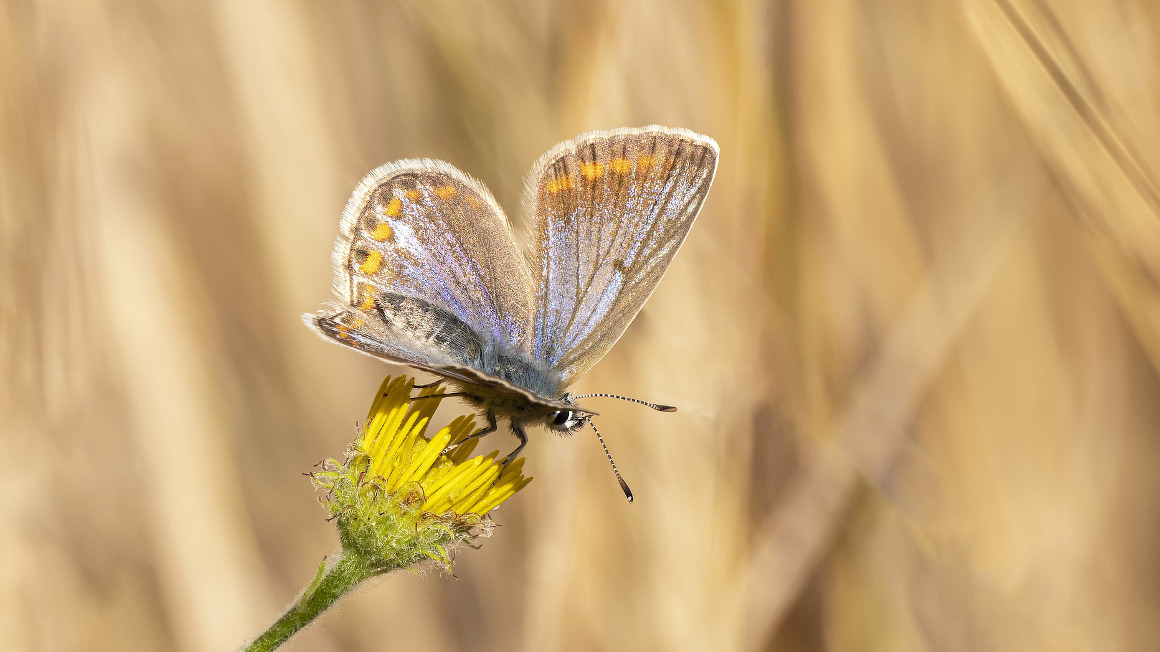
Over the past few years, a number of studies have been published that show dramatic declines in insect numbers through time. The most prominent, from nature reserves in Western Germany, suggested remarkable declines of flying insect biomass (>75% decrease over 27 years). This was published in 2017 and sparked a media storm suggesting a widespread “insect apocalypse”. Since then, there have been several follow-up publications from different places across the world, most showing strong declines, others less so, and some even showing increases.
Researchers from the German Centre for Integrative Biodiversity Research (iDiv), the University of Leipzig (UL) and the Martin Luther University Halle-Wittenberg (MLU) have now compiled the data collected worldwide. Their analysis of long-term studies worldwide shows that the number of terrestrial insects such as butterflies, grasshoppers and ants is declining. On average, it decreased by 0.92% per year, which corresponds to a decline of 24% over 30 years. At the same time, the number of freshwater-bound insects increased by 1.08% per year.
The local trends are highly variable. Insect declines were strongest in parts of the United States and in Europe, particularly in Germany. Although the researchers cannot identify with certainty the causes of the various trends, both positive and negative, they did find indications in the data. In particular, the destruction of natural habitats - mainly through urbanisation - seems to be driving back terrestrial insects.
The study has now been published in the journal Science.


